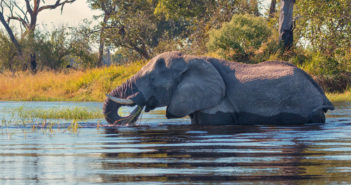
Botswana Auctions off the Last of Its Big Tusker Elephants
Botswana’s government has again demonstrated to the world that it either does not understand or does not care that elephants play a critical role in maintaining healthy ecological systems.

Botswana’s government has again demonstrated to the world that it either does not understand or does not care that elephants play a critical role in maintaining healthy ecological systems.
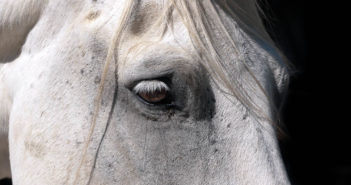
It’s one cruel industry feeding another: mares are forcibly impregnated and aborted in order to draw their blood, which is used to get sows pregnant sooner so they will have a higher number of piglets who are born to die.
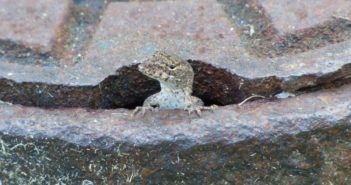
The findings not only challenge a long-accepted theory around lifespan, but also suggest new evidence that global warming could have a huge impact on the life expectancy among cold-blooded species.
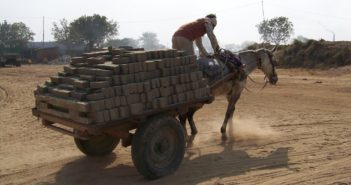
What if more organizations aimed to address the interconnected well-being of animals, humans, and the environment?
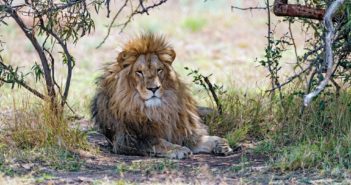
The evidence suggests that ethical, economic and ecological problems with trophy hunting warrant a trophy import ban.
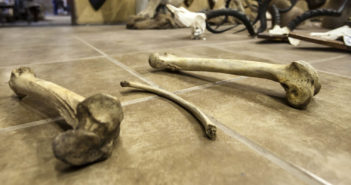
South Africa is facilitating illegal trade in lion bones, enabling the activities of notorious international crime syndicates, and threatening the survival of tigers and lions in the wild.

The case highlights the fact that South Korea’s notorious dog meat trade not only drives dog to brutal slaughter but also operates as a cheap, unlawful channel for universities to source dogs for painful animal experiments.

Dogs are usually considered intelligent when they are easy to train and prone to follow commands, but “trainability” is not the only measure of intelligence.
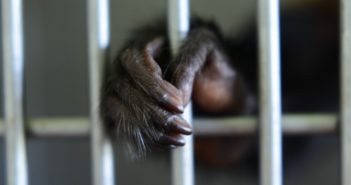
More than 100 million animals are used in research and product testing in the United States every year. These millions of animals experience great physical and mental suffering, and there are few laws that protect them.
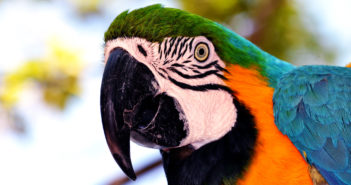
A new study shows that global conservation action has reduced the effective extinction rate of birds by an astonishing 40%.
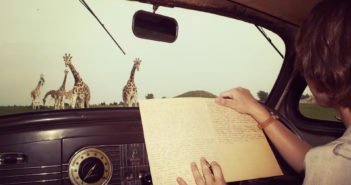
In an interview with Dr. Anne Dagg, considered the “Jane Goodall of giraffes,” we discuss her field research, giraffe behavior, and how things are different for giraffes over 60 years after she first saw them in the wild.
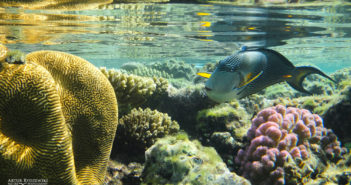
The world’s oceans are losing oxygen and becoming warmer, more acidic, and increasingly filed with plastic.